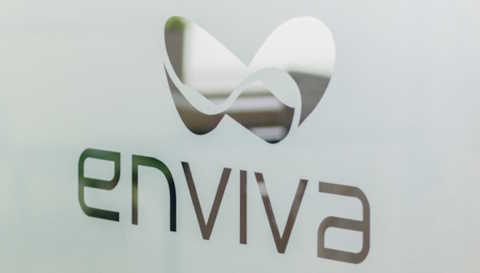
More analysis and commentary on the Enviva matter, noted previously: “Private equity lawyers wince after bankruptcy court ruling” —
- “It is the assignment Vinson & Elkins never hoped would arise but the one where its client needed the powerhouse law firm the most. For a federal judge, however, just figuring out who the ‘client’ is has proved no simple task.”
- “Enviva, a once highly touted clean energy company, filed for bankruptcy in March citing nearly $2bn of debts to be restructured. Enviva selected V&E as its debtor counsel to take it through the court case. By the time of the bankruptcy petition, the company had struck a settlement with a majority of creditors.”
- “[Judge] Kenney said V&E could not meet the ‘disinterestedness’ standard of the bankruptcy code. His hang-up: V&E also happened to be a long-standing adviser to Riverstone, the key private equity backer of Enviva. Riverstone was responsible for $14mn or around 1 per cent of the law firm’s 2023 gross revenue, though it is using a separate firm in the Enviva chapter 11.”
- “His ruling has shocked restructuring practitioners. Bankruptcy judges have for years waved through law firms that had tight bonds with both private equity firms and debtors, afraid to rock the boat. American companies can essentially select the bankruptcy court in which they wish to appear, and judges who are not user-friendly to the major debtor law firms can get blackballed. But future judges facing a law firm retention issue are likely to take notice of this ruling.”
- “Kenney, earlier in the case, had broached the idea of creating an ‘ethical wall’ at V&E. The firm immediately dismissed that as impractical and unnecessary. After an initial ruling, rejecting V&E’s retention, the firm came back with a convoluted proposal. It offered to segregate lawyers as exclusively dedicated either to Enviva or to Riverstone. Respective lawyers would not get allocated profit sharing at year’s end from the other client. A new board committee would supervise the Enviva reorganisation negotiations.”
- “After tartly pointing out that V&E’s original position was that no compromise was necessary, the judge rejected the ethical wall terms as inadequate to repair the underlying conflict. The US Trustee, a government group that represents the public interest in bankruptcy cases, had voiced its concerns about V&E. But interestingly, two major law firms, Davis Polk and Akin Gump, representing creditors urged the judge to keep the law firm, citing V&E’s deep familiarity with Enviva as well as the disruption from bringing in a newcomer.”
- “Law firms like Kirkland & Ellis, Weil, Gotshal and Paul, Weiss have built incredibly profitable businesses where their private equity practices simultaneously touch mergers and acquisitions, financings and restructurings. In messy cases, the risk is the firms could prioritise a long-term private equity relationship over cutting a fair deal for all parties. “
- “For years, debtors have tried to mitigate perceived conflicts through various procedural structures including the hiring of multiple law firms, independent directors and independent investigations. But practitioners in candid moments will admit that these protections often prove weak in bankruptcy cases where aggressive debtors’ counsel can ram through their preferred outcome.”
- “Sometimes the consequence is a restructuring where the private equity firm gets to keep a disproportionate stake in the reorganised company. Other times it is a deal where the private equity firm escapes liability for pre-petition wrongdoing. V&E told the judge, in court papers, that rejecting its retention application would upset a tacit understanding whereby debtors get wide berth to pick their advisers. Law firms may now decide to become pickier in selecting their clients.”
“NY lawyers can passively invest in ABSs, says city bar association” —
- “A New York lawyer may hold a financial interest in an alternative business structure (ABS) operating legally elsewhere, the city bar association has said.”
- “It is the latest in a series of ethics opinions from both New York and the American Bar Association on US lawyers’ involvement with ABSs.”
- “Non-lawyer ownership of law firms is prohibited in most of the US, except in Arizona (where there are currently 70 ABSs licensed), Utah and, to an extent, the District of Columbia – and opposition to them remains fierce.”
- “At the same time, several prominent US law firms have set up their London offices as separate businesses that are ABSs, even if they have not used it to take external investment.”
- “New York rules prohibit a lawyer from practising law in New York through an ABS, such as being the resident New York partner of an English ABS.”
- “But an opinion issued last week by the New York City Bar Association’s professional ethics committee said its rules did not prevent a member’s passive investment in an ABS, because they would not actually be practising law.
